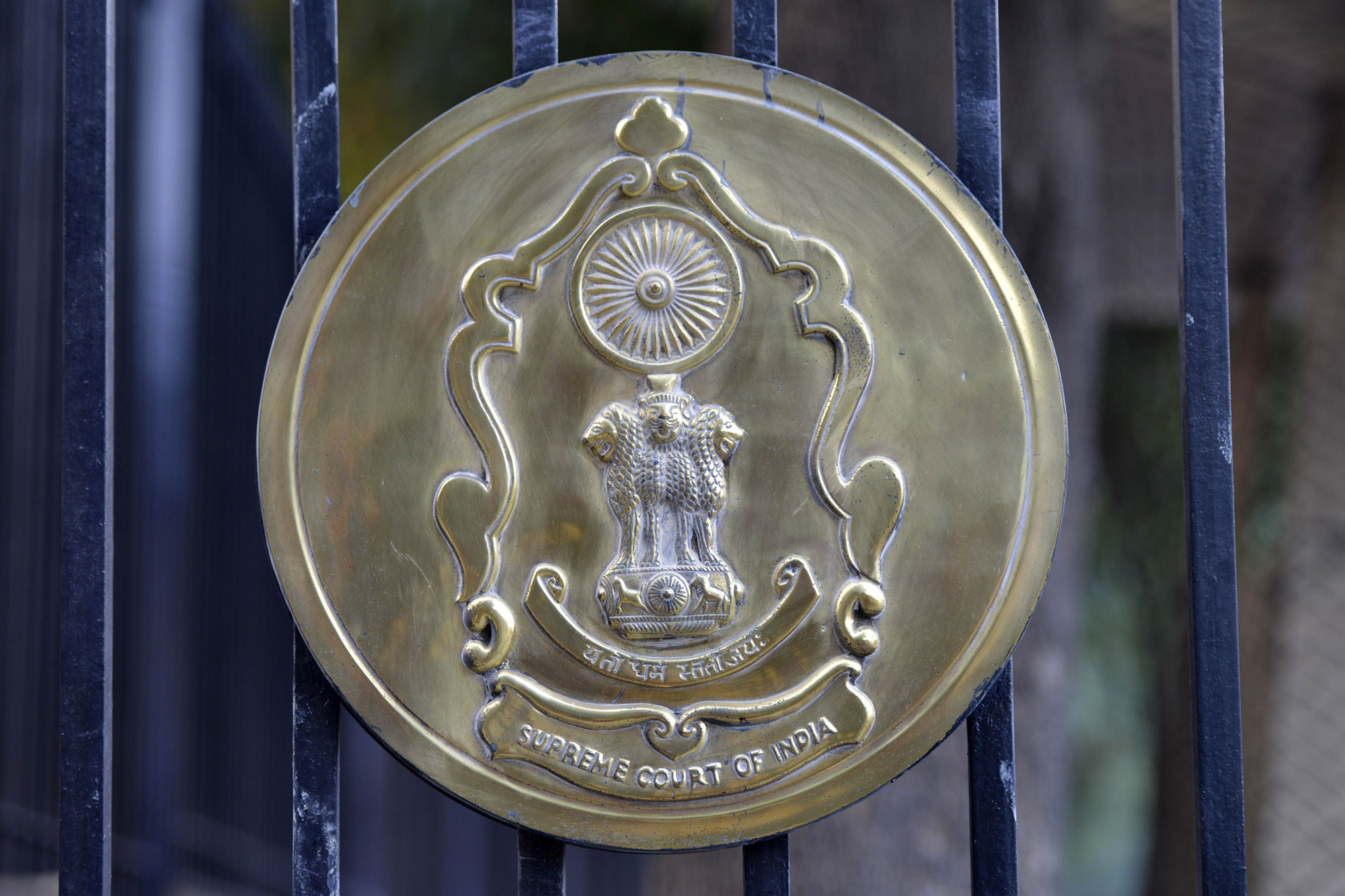The Supreme Court has commuted to 20 years’ rigorous imprisonment the death penalty handed to a convict who had raped and murdered a 13-year-old in Maharashtra, observing that though the crime was “abominable” it cannot be termed “brutal, depraved, heinous or diabolic”.
“Though we agree that the crime committed is of an abominable nature, it cannot be said to be of such a brutal, depraved, heinous or diabolical nature so as to fall into the category of the rarest of rare cases and invite punishment with death,” a bench of Justices N.V. Ramana and Mohan M. Shantanagoudar said in a recent judgment.
“We also find ourselves unable to agree with the view of the courts that the appellant is such a menace to society that he cannot be allowed to stay alive,” the Supreme Court added.
The top court partly allowed the appeal filed by the convict, Viran Gyanlal Rajput, challenging the concurrent findings of the Raigad sessions court, on June 25, 2014, and Bombay High Court on February 16, 2015, sentencing him to death under IPC Section 302 (murder) and relevant sections of the Protection of Children from Sexual Offences Act for the kidnapping, rape and murder of the girl and causing disappearance of evidence.
Rajput had kidnapped the 13-year-old, raped her and strangled her. Her disrobed body was found in a field near Kamthekarwadi village, Raigad.
On the basis of circumstantial evidence, the sessions court had handed him the death penalty and his appeal against it had been dismissed by the high court.
Both courts had noted that Rajput had neither shown remorse nor had he regretted the crime, and concluded that he was beyond reform and so should be sentenced to death.
The Supreme Court, however, referred to a constitution bench ruling in the Bachan Singh vs State of Punjab (1980) case and said “life imprisonment is the rule and the death penalty is the exception, and the death penalty is to be imposed only when the alternative of life imprisonment is totally inadequate, and therefore unquestionably foreclosed, i.e. if it is the only inevitable conclusion”.
Writing the judgment on December 5 Justice Shantanagoudar said: “We are of the view that the prosecution did not establish that the appellant was beyond reform, especially given his young age. We are also mindful of the appellant’s lack of criminal antecedents prior to the commission of this crime, and of his post-incarceration conduct, which in no way suggests the impossibility of his reform.
“It would be pertinent to observe at this point that although the trial court noted his lack of remorse during the hearing, and the high court noted his lack of remorse after committing the crime, as he was found calmly wandering around the locality, this does not in any way indicate that there is no scope of reform for the appellant.”
The Supreme Court, however, made it clear that Rajput’s sentence would not be relaxed to 14 years, as is done by the states in some cases on account of good conduct.
The top court said early release would “not be proportionate to the gravity of the offence committed, and would not meet the need to respond to crimes against women and children in the most stringent manner possible”.
The apex court “shared the concerns” of the trial court and the high court about “the lack of remorse on behalf of the appellant and the possibility of reoffending”.
“In such a situation, we deem it fit to restrict the right of the appellant to claim remission in his sentence of life imprisonment for a period of 20 years,” the Supreme Court added.










